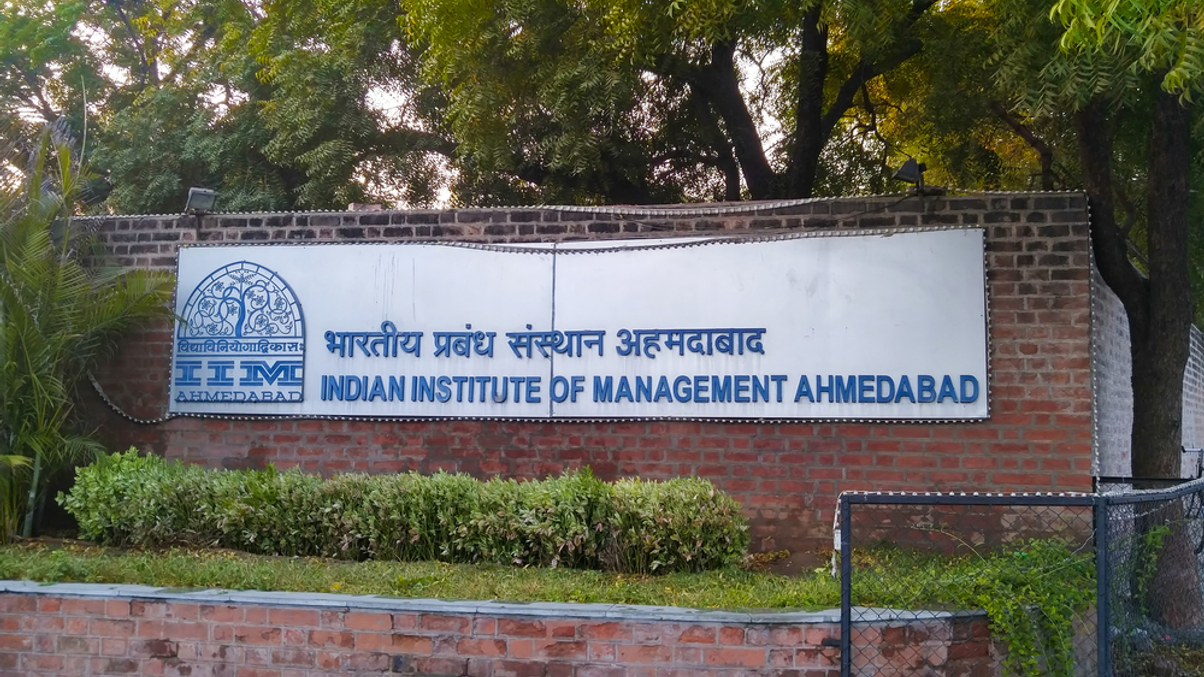Indian endowment fund in 'version 2.0', to focus on asset-building
The CEO of a premier Indian business school's endowment fund explains how the fund is now in 'version 2.0' as it set its sights on bulking up its funding commitments, which should help to plot its investment strategy later on.

The initial groundwork to set up an Indian management institute's endowment fund is complete, and focus will now shift on increasing the financial commitments for the fund, which should help with drafting more thoughtful investment strategies later on, the top executive of the fund said.
Sign in to read on!
Registered users get 2 free articles in 30 days.
Subscribers have full unlimited access to AsianInvestor
Not signed up? New users get 2 free articles per month, plus a 7-day unlimited free trial.
¬ Haymarket Media Limited. All rights reserved.


